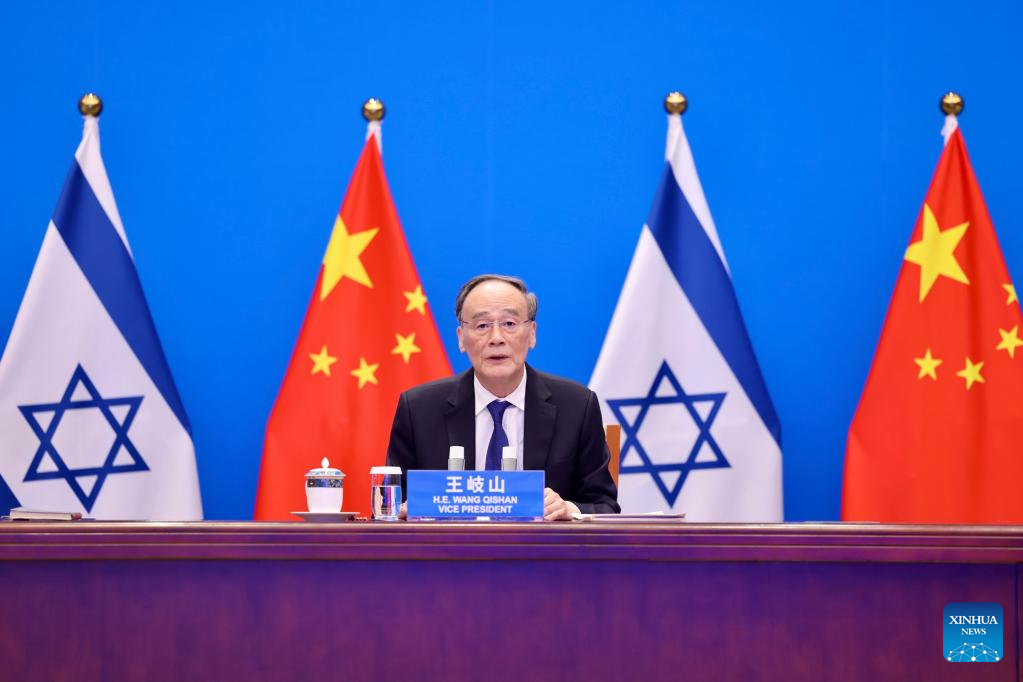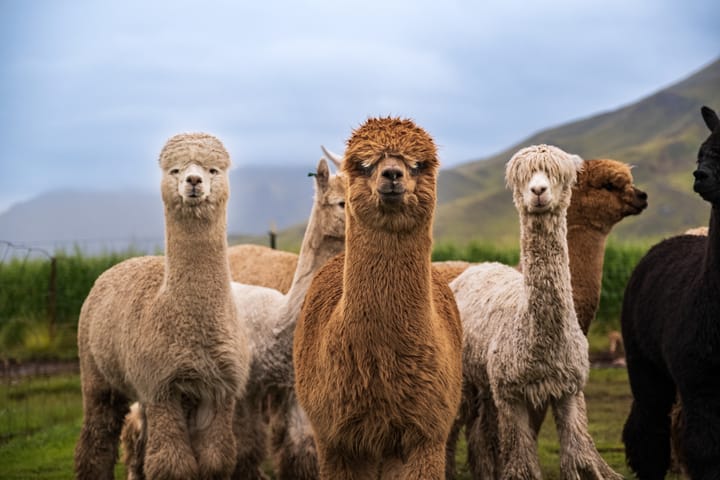Israel and China working on free trade deal by the end of 2022

A few minutes every morning is all you need.
Stay up to date on the world's Headlines and Human Stories. It's fun, it's factual, it's fluff-free.
Since the early 2000s, cooperation between China and Israel has accelerated. China has boosted its average yearly investment in Israel from 2002, with its annual investment ballooning from US$20 million to more than US$200 million. Mainly, they help each other out with technology and infrastructure. Last year, China actually became Israel’s greatest source of imports, surpassing the US. So, for the past few years, China and Israel have been talking about a free trade agreement, which would deepen their business ties.
On Wednesday, an Israeli official said that the two countries aim to sign a free-trade agreement by the end of this year. With China’s ongoing trade issues and tensions with Australia and the US, this could be a great trade boost for the country, and it would also be its first deal in the Middle East. As China continues to deal with a record-breaking heat wave and drought, this agreement could also help ease some agricultural woes.
Key comments:
“Just a few weeks ago, I had extensive and friendly discussions with President Xi. Over the past 30 years, we have been very honored to establish a variety of methods of contact and communication channels. Through joint cooperation, Israel and China are building a very dynamic bilateral relationship,” Israeli President Isaac Herzog said this January at a jointly-sponsored event celebrating 30 years of diplomatic relations between the two countries.
“Both sides are conducting regular online meetings and are striving to reach an agreement as soon as possible. This agreement is expected to enhance and simplify trade between the two countries,” said Esti Ayalon-Kovo, the head of the Israeli economic mission to China in Beijing.
China has always tried to be a player in the Middle East, but the reason they haven’t gotten any traction is that they’re usually perceived as leaning toward Arab nations,” said James Chin, a professor of Asian studies at the University of Tasmania in Australia. “The signal is ‘We can talk to both sides.’”




Comments ()